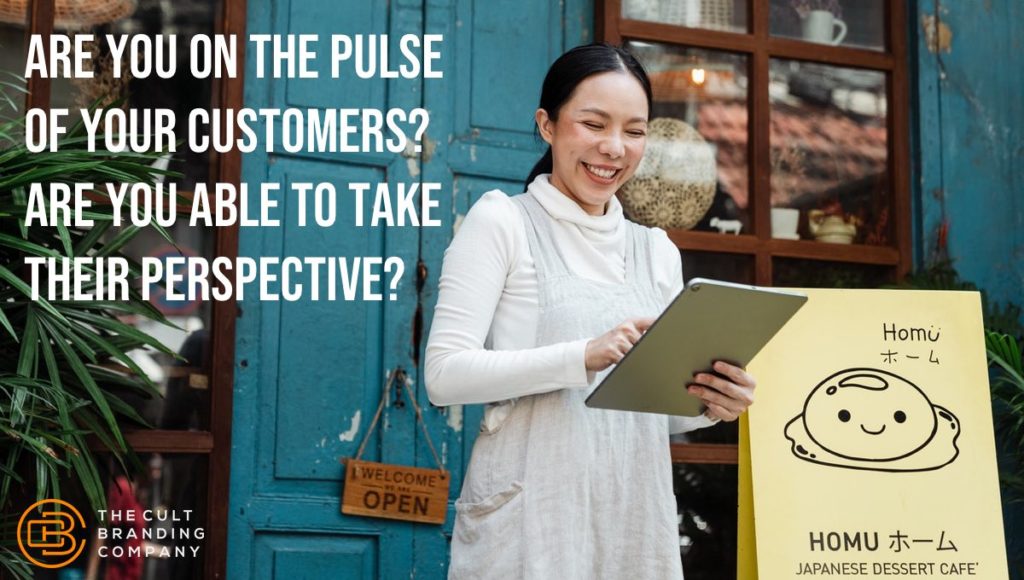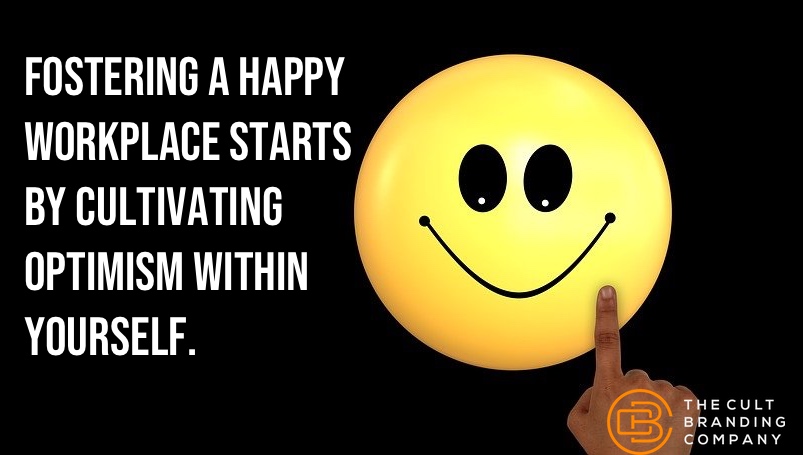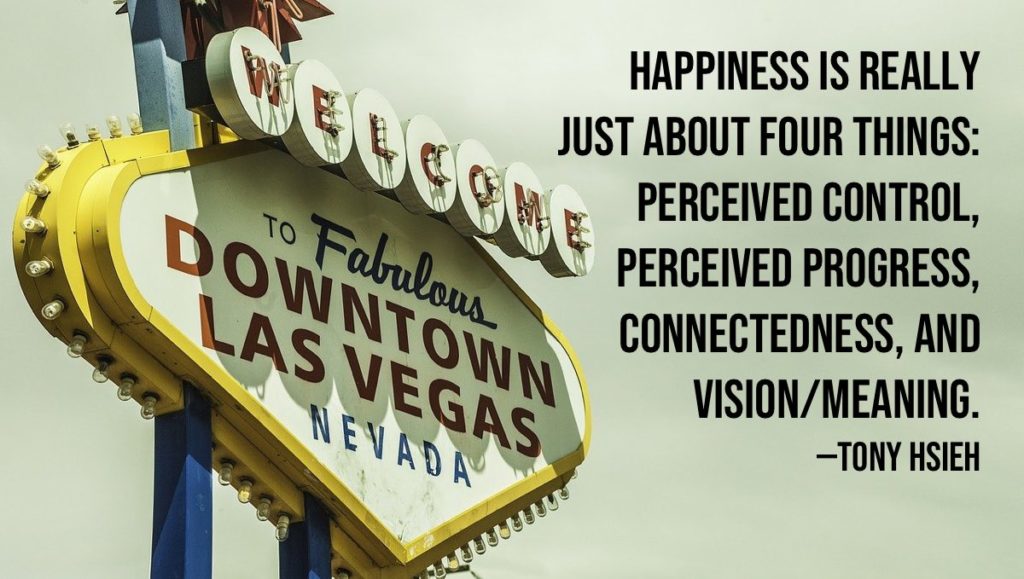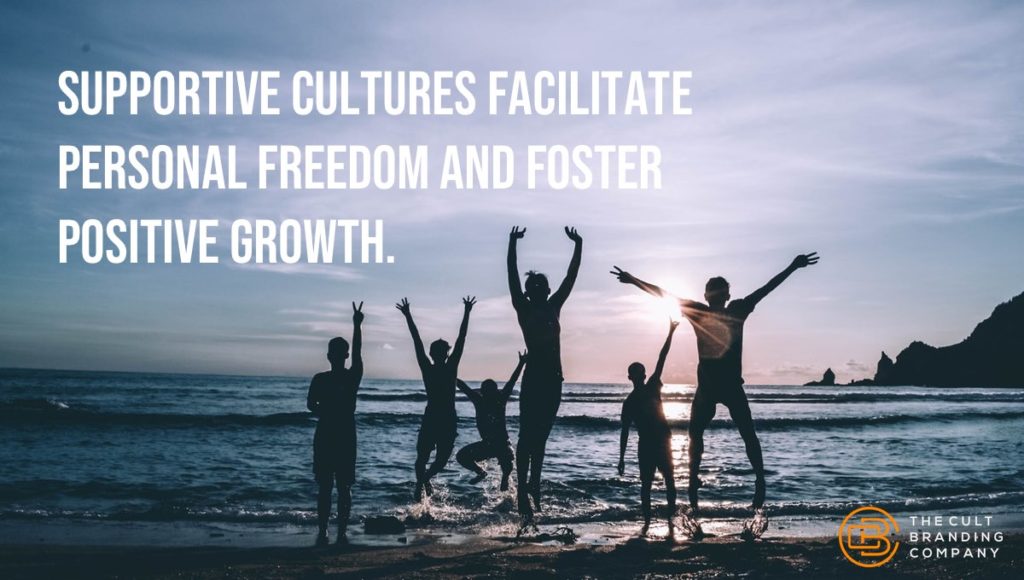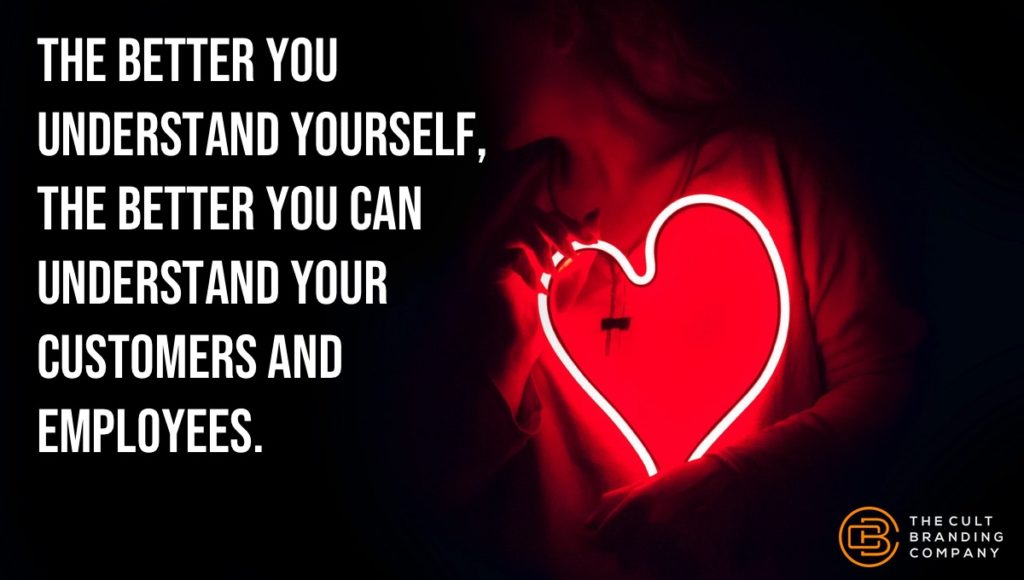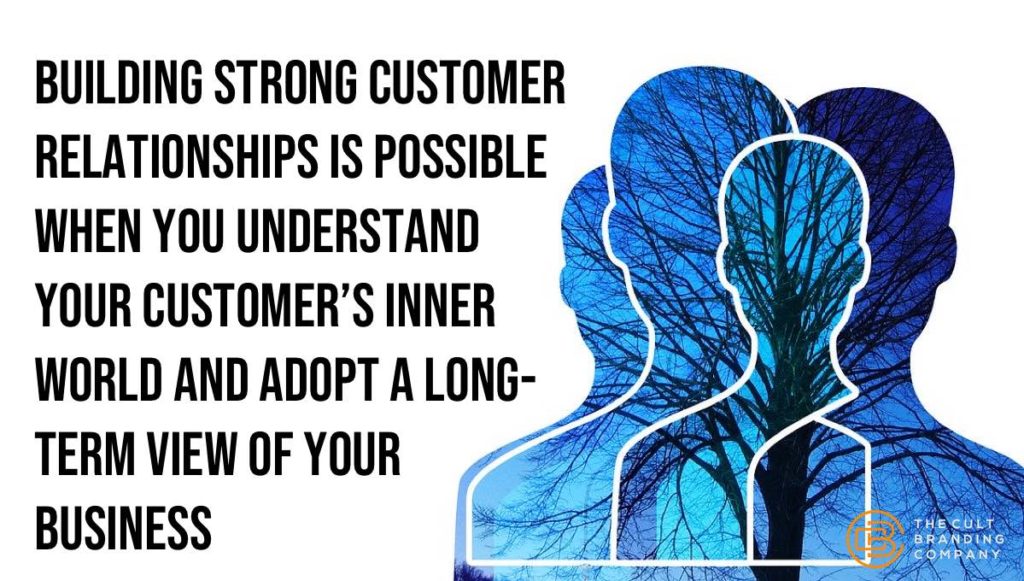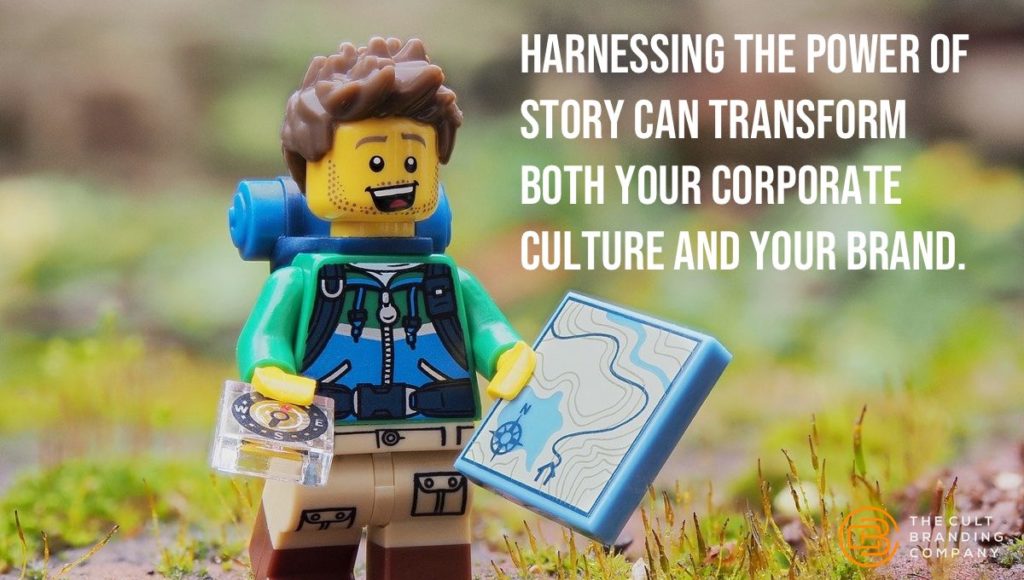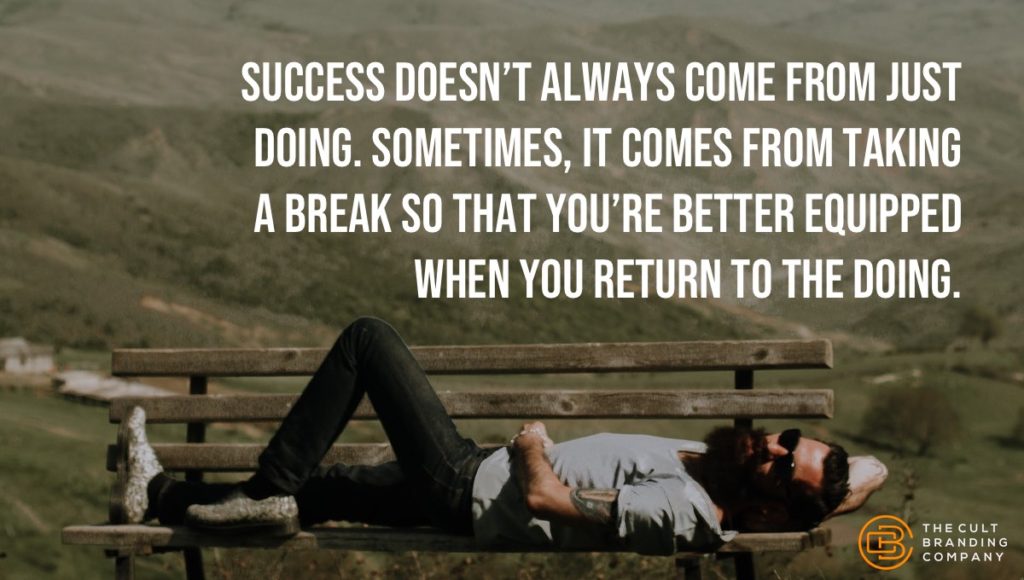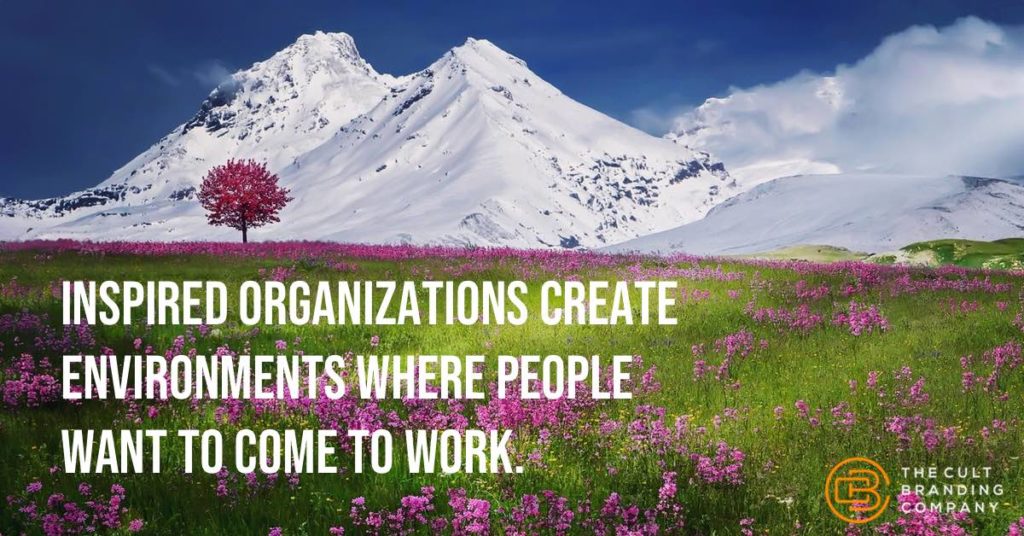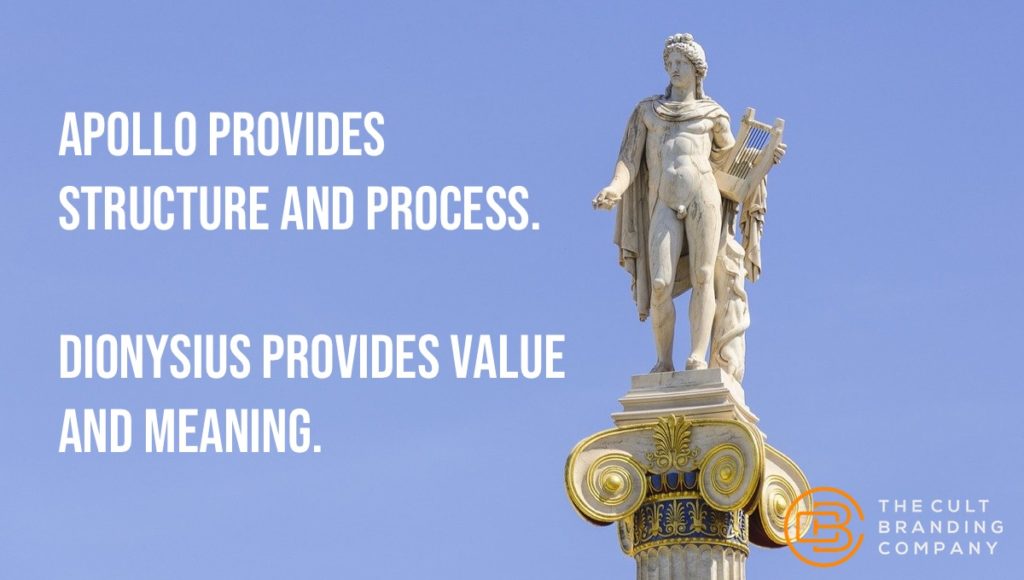
In ancient Greek mythology, Apollo and Dionysus are both sons of Zeus.
Apollo is the god of the sun, medicine, protection, and prophecy.
Apollo had a large cult, centered around Delphi, the most famous and frequently visited oracle in the ancient world.
As the god of wine and ecstasy, Dionysus was worshipped at celebrations and secret rituals. As the god of fertility, he was associated with crops, harvests, and the changing seasons.
Dionysus, too, had his own cult, although his was relatively small.
What do these ancient, mythological characters have to do with you and your business?
Surprisingly, quite a bit. These two archetypes express the drives and resources available in each of us.
Two Archetypal Forces in the Human Psyche
Instead of viewing these Greek gods as fictitious characters, see them as active forces within us.
Great scholars like Carl Jung and Joseph Campbell point out that these Greek gods—like all other figures in ancient myths and religions—symbolize functions in the human psyche.
Apollo, for example, represents the masculine principle: reason, rationality, and order. Dionysus is a symbol of the feminine: feelings, irrationality, and chaos.
Apollo is the conscious mind. Dionysus is the unconscious mind.
In the language of neuroscience, Apollo is associated with the prefrontal cortex, the thinking brain. Dionysus is rooted in the limbic system, the emotional brain.
When you’re following directions with your car’s GPS navigator, Apollo is in command. When you get the chills listening to your favorite music, Dionysus is alive within you.
Apollo establishes structure and process. This masculine principle has dominated Western consciousness for thousands of years. Apollo is powerful. He paved the way for science, industrialization, rationalism, enterprise, and technology.
Dionysius provides value and meaning. Giving us a zest for living, he awakens in us our love for the arts, play, creativity, self-expression, and inspiration. Life without Dionysus feels empty and hollow. When we’re cut off from him, we feel disconnected from everyone and everything.
The Interconnected Nature of Opposites
The principles behind Apollo and Dionysus seem to be in opposition: logic and feelings seem to go together like oil and water.
Ancient cultures like the Greeks, however, didn’t see it that way. To them, these gods represented interconnected principles.
Nineteenth-century philosopher Friedrich Nietzsche pointed out that all great tragedy and drama are rooted in the tension produced by the interplay of these interconnected forces.
Psychiatrist Carl Jung observed that the psyche itself is filled with these complementary, but seemingly opposing forces. He discovered that the tension behind these forces served to maintain balance and spur psychological growth.
Outperforming Businesses Hold the Opposites Together
Apollo helps us build and create. Dionysus helps us feel and relate.
Apollo is the default. Anyone in the role of chief executive has Apollo in his corner. The financial markets know only Apollo.
Business leaders dominated by Apollo, however, have a transactional mindset toward their customers. They focus mainly on generating the next sale and on achieving short-term profits.
Although we don’t have many objective ways to measure Dionysian factors, his presence most certainly translates to the bottom line.
Business leaders that integrate Dionysus have a relational mindset toward their customers. They are driven to find meaningful ways to better serve their customers and focus on long-term sustainability.
Organizations that awake Dionysus put an emphasis on aesthetics, corporate culture, core values, collaboration, employee renewal, and the customer experience.
The Opportunity for Today’s Business Leaders
The opportunity for today’s inspired leaders comes by the way of Dionysus.
Psychologist Daniel Goleman’s research in corporate leadership illuminates that outperforming leaders are more self-aware (less unconscious) and more empathic (more connected to the feelings of others).
That is, these leaders have better integrated Dionysius into their work and into their organization’s culture. They lead with both Apollo and Dionysus on their shoulders.
The lesson of opposites teaches us that, if we’re committed to our own growth and to the continuous development of our businesses, we must honor the feminine side of our humanity too.
The good news is that this is a skill and all skills can be learned.
Leaders who embrace Dionysius are able to build thriving cultures and inspire people with a company vision. They have an easier time managing conflict. They also put an emphasis on building strong customer relationships.
These are the ingredients of outperforming leadership and tomorrow’s winning businesses.

